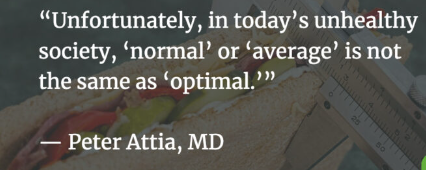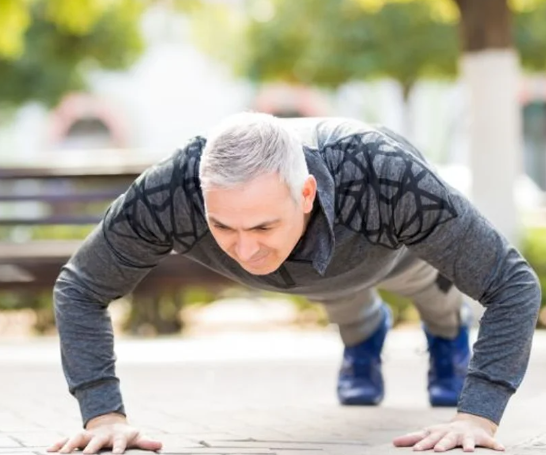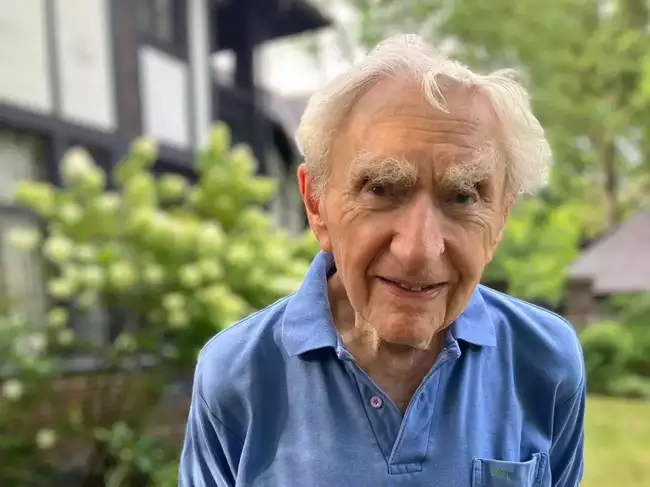I enjoy running, walking, and lifting weights, and I have been doing so for years.
I have mentioned that the ‘hybrid athlete’ is one who can both run and is strong, comfortable carrying himself for many kilometers or miles. Peter Attia is at the forefront of the current longevity movement, and he recently published a book called Outlive.
What’s interesting about Dr. Attia is that only recently he realized how powerful exercise can be as a pseudo-drug, stating that ‘there is currently no drug more effective than exercise.’ He also accepts that emotional health is just as important as the other three pillars of longevity: exercise, nutrition, and sleep.

I personally found his book a fascinating read, where he explains the evolution from medicine 1.0 to medicine 2.0. What he is now proposing is a shift to medicine 3.0.

In regard to the three physical areas you can immediately work on to add a few extra years to your life, Peter Attia recommends:
- Make a list of 10 exercises you’d still like to be able to do at 100. He refers to this as the Centenarian Decathlon.
- Try one of three food restrictions for a simple way to eat less.
- Use a sleep tracker for a week to learn more about how well you recover at night.
Consider that, whether your Centenarian Decathlon is ambitious or humble, the message is clear: start working on those exercises now. After all, how can you expect to do something at 100 if you can’t do it at 50?
Also, if you want to set more ambitious exercise goals, create another decathlon for a closer decade of your life. If you’re 40 now, what would you like to be able to do at 50 or 60?
Peter states that ‘the exercise you dream of but never do is pointless. The exercise you do on a daily basis, no matter how small, is everything.’ Food for thought, right?
Recommendation 2 suggests trying to eat a little less to see if you’ll feel better. Consider these three simple food restrictions:
- Caloric restriction, where you count calories for all foods and then try to lower your overall daily calorie intake.
- Dietary restriction, in which you only cut out specific foods, for example, sugar and reduce carbs.
- Time restriction, in which you only eat during certain time windows throughout the day; this is often referred to as intermittent fasting.
The first option is highly flexible but requires a lot of discipline. Dietary restrictions are simple. Anyone can decide to cut out red meat, carbs, or sodas; however, the challenge is not to overeat, as it won’t work. A time restriction could be intermittent fasting, where you might eat between 10:00 and 18:00. Or try a 24-hour fast or OMAD (one meal a day). While Dr. Attia no longer believes in multi-day water fasts (like he used to do on a monthly basis), he still thinks eating less is one of the easiest yet healthiest things we can do.
Personally, I find two meals a day a great way to ensure both caloric restriction and a comfortable eating window to live with. In addition, I keep this eating window under 7 hours. I also incorporate one OMAD a week. This practice I have been sharing with my clients for years, and it’s a tactic that the majority find easy to adopt.
Is breakfast the most important meal of the day? I don’t think so; however, it’s about the total daily caloric intake and expenditure, whether one meal or five are consumed. Consider also allowing your digestive system to rest; an eating window also has this added benefit.
Finally, sleep. Dr. Attia concludes, like many experts, that sleep is paramount. Even if you get your 7.5-8.5 hours a night, there are likely still things you can improve. Are you also sleeping deeply? Do you wake up frequently throughout the night? A sleep tracker will tell you. However, let me mention that before you rush off to buy the latest tracker, note the time you go to bed and get up. In addition, you can incorporate a shutdown hour (or de-energize hour, as I call it), where you get ready for bed, turn off screens, and relax before bedtime.
Also, find out how caffeine, alcohol, and other substances might disrupt your recovery time.
Despite seeing exercise as the king of the three health levers, even Dr. Attia admits: If your sleep is dysregulated, it’s almost impossible to overcome it with enough exercise or nutrition.
In essence, exercise a bit, eat a bit less, and get quality rest at night. That’s all there is to health and longevity. At the end of the day, none of us know how long we’ll live, but we can sure try to extend this beautiful game known as life.



